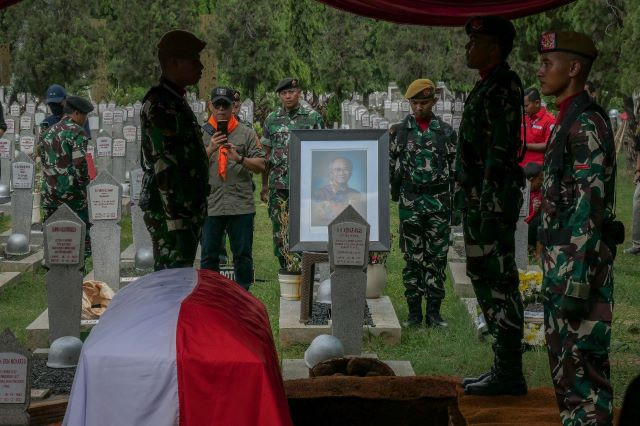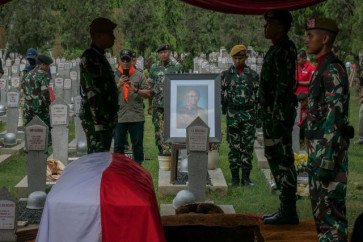Popular Reads
Top Results
Can't find what you're looking for?
View all search resultsPopular Reads
Top Results
Can't find what you're looking for?
View all search resultsThe convening power of meritocratic leaders: In memory of Subroto and Kuntoro
As academics and true statesmen, both Soebroto and Kuntoro embodied the qualities of good leaders and shared an uncanny ability to bring people together toward a common goal.
Change text size
Gift Premium Articles
to Anyone
O
ver two millennia ago, Cicero wrote about the characteristics required of good leaders: They must have virtue and a sense of justice, dignity and self-restraint, and they must be generous as well as magnanimous. These principles remain relevant today, if not more so, in this age of digital populism that makes it much easier for theatrics to trump facts.
Over the past few weeks, Indonesia has lost great meritocratic leaders who embodied not only Cicero’s aspirational qualities but also mastery of substance that spans across disciplines, even generations. Prof. Kuntoro Mangkusubroto, who passed away on Dec. 17, 2023, was one such rare leader. Another was Prof. Subroto, the first anniversary of whose passing was just recently commemorated.
It may not be a coincidence that both were entrusted (among others) as ministers of mining and energy, a large and complex ministry that intersects with numerous other sectors. Driving methodologically sound and fact-based policies through a labyrinth of stakeholders requires strong leadership, a sharp mind and a resilient character.
Every individual leader is of course unique, but both Subroto and Kuntoro demonstrated a common ability that is extremely rare in today’s polarized political discourse: the ability to convene cross-sectoral thought leaders and actors in working toward a common goal, in spite of differing interests.
Many prominent individuals would heed either them or their initiatives, knowing that they were unlikely to pursue things for their narrow self-interest. Their power to bring people together reached beyond their “natural” remit and tore down generational divide. This was not only evident in their daily work, as the news of their passing went public and hordes of government officials, business leaders, civil society representatives and academics, both young and old, paid their respect and tributes.
Their ability to convene lasted long after they had left the offices of power. How come? Despite their differences, there are common learnings that today’s aspiring leaders may want to grasp from both Pak (Mr.) Broto and Pak Kun, as they were affectionately called: (1) embrace hardships and foster camaraderie, (2) integrity as a long-term habit, (3) nationalism and internationalism, (4) deep substance and wide interests and (5) proven delivery.
First, both leaders embraced hardships whenever the cause was worthwhile. Character is said to be shaped during one’s formative years in youth.



















